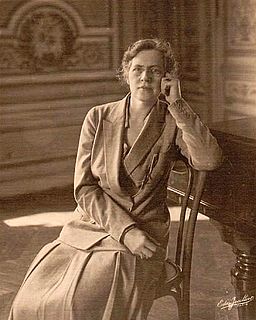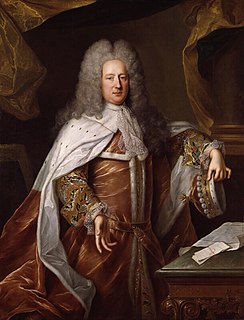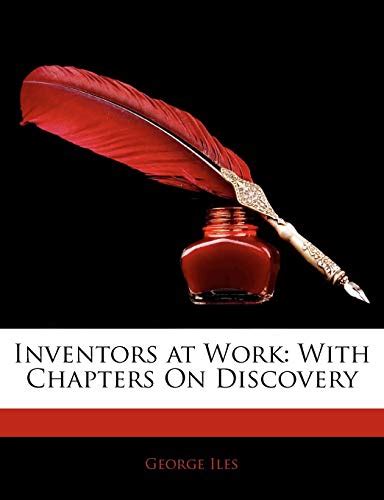A Quote by John Locke
The difference, so observable in men's understandings and parts, does not arise so much from their natural faculties, as acquired habits.
Related Quotes
In truth, the only difference between those who have failed and those who have succeeded lies in the difference of their habits. Good habits are the key to all success. Bad habits are the unlocked door to failure. Thus, the first law I will obey, which precedeth all others is - I will form good habits and become their slave.
The theoretical idea ... does not arise apart from and independent of experience; nor can it be derived from experience by a purely logical procedure. It is produced by a creative act. Once a theoretical idea has been acquired, one does well to hold fast to it until it leads to an untenable conclusion.
It is so much easier to rest contented with what we have already acquired than to change ever so slightly those routine but profound habits of thought and feeling which govern our life, and by which we live so blissfully. This mental inertia is, perhaps, our greatest enemy. Insidiously it leads us to assume that we can renew our lives without renewing our habits.
All the sciences have a relation, greater or less, to human nature; and...however wide any of them may seem to run from it, they still return back by one passage or another. Even Mathematics, Natural Philosophy, and Natural Religion, are in some measure dependent on the science of MAN; since they lie under the cognizance of men, and are judged of by their powers and faculties.







































